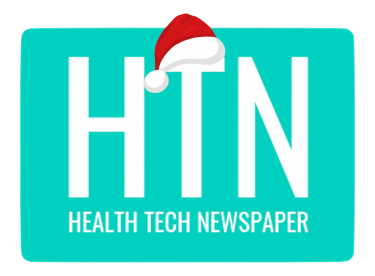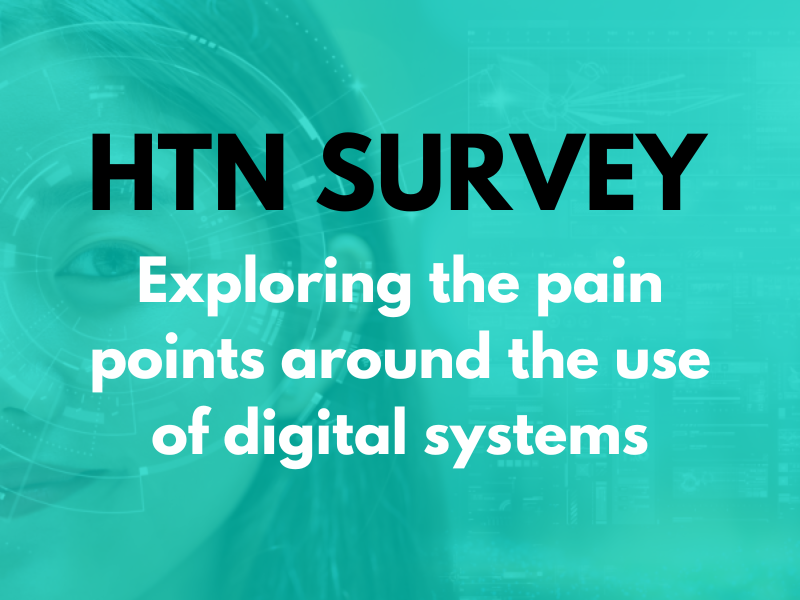The Department of Health and Social Care has announced the national roll-out of eRedbook to digitise paper child health records.
The measures aim to improve safety, quality and continuity of care to halve stillbirths, maternal and infant deaths and serious brain injuries in new-born babies by 2025.
Among other measures also include piloting the digitisation of maternity records for 100,000 women by the end of 2019 to help women make choices about their care in a more convenient way.
The plans are backed by the funding increase of £20.5 billion every year by 2023 to 2024 for the NHS in England and include improved accommodation for critically ill new-born babies and support from dedicated care co-ordinators from 2021 to 2022. Wider availability of physiotherapy for the 1 in 3 women who experience incontinence after childbirth and asking all maternity services to deliver an accredited, evidence-based infant feeding programme in 2019 to 2020, such as the UNICEF Baby Friendly initiative.
Health and Social Care Secretary Matt Hancock said: “Having a baby is one of the best moments of our lives, so I want our NHS to be the best place in the world to give birth. Today we will take steps to ensure every expectant mother is supported – from pregnancy, to birth, to those critical first months of parenthood – with a comprehensive package of personalised, high-quality support.”
“Every parent will remember the red book that comes from the NHS with each baby. In this digital age we need to keep pace with the times. So, from birth, each child will now be able to start life using the best of modern technology – in a way that’s easier for parents and fit for the future.”
“Great care also means safe care, but sadly too many women are still suffering the unimaginable tragedy of losing a child. We are committed to saving 4,000 lives by 2025 by halving stillbirths, maternal and infant deaths and serious brain injuries in new-borns.”
“These new measures to improve maternity care, funded by taxpayers as part of the NHS long-term plan, will mean hundreds of thousands of new families get the very best care.”





